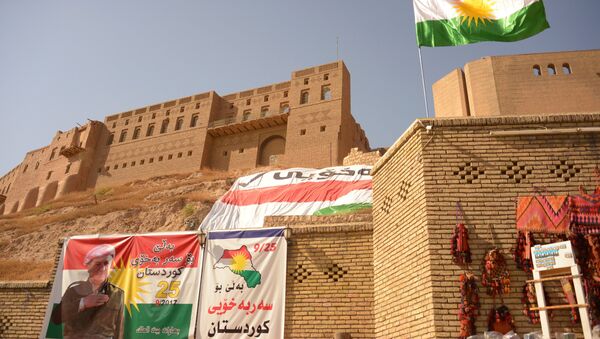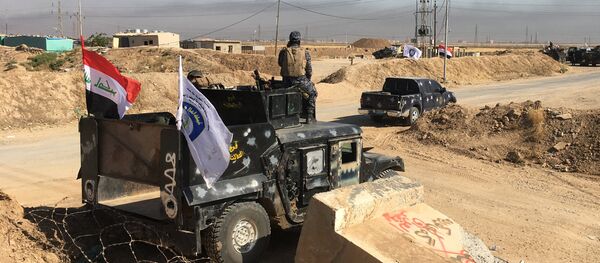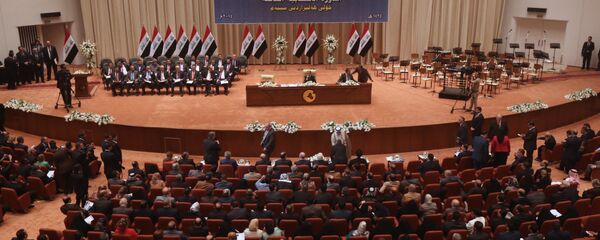Turkey – a key trade partner – repeatedly warned that it would take punitive measures against the autonomous region in northern Iraq if they declared independence, explicitly threatening to close a major oil pipeline, which accounts for most of Iraqi Kurdistan's oil exports.
Meanwhile, Iran has imposed a fuel embargo on the autonomous region, banning the trade of fuel products – in terms of both imports and exports – with Iraqi Kurdistan.
READ MORE: Independence Vote as Litmus Test: Will Iraqi Kurdistan Turn Its Back on US?
As a result of these measures, the KRG opted to postpone its plans for independence, in a bid to appease its neighbors, to prevent further conflict and economic fallout.
"The KRG leadership is looking ahead and wishes to mend the fragmented relations of the past. Today, it is more important than ever before that we sit down with Iraq and our neighbors to discuss our future within the framework of mutual benefit. Hostility and violence is not in the best interest of any side. Our region and neighbors are equally responsible for bringing about a functioning partnership; we have continuously reassured our neighbors that we are reliable allies and open to cooperation," KRG Foreign Minister Falah Mustafa told Sputnik last month.
Undoubtedly, the recent referendum and subsequent events have greatly diminished the prospect of a future independent Kurdish state. It has also cost the KRG support, as residents of Iraqi Kurdistan have been hit hard by economic sanctions and further cuts to the KRG's budget. Anger towards the KRG was evident last week, with riots erupting throughout Iraqi Kurdistan.
However, even if former President Masoud Barzani abandoned the referendum, he would have faced a backlash, as he has previously been criticized for not doing enough to facilitate Kurdish independence. Masoud Barzani resigned in late October in response to the independence crisis.
READ MORE: 'There Is a War Already': Official Warns of Likely 'Death' of Iraqi Kurdistan
For now, the KRG is focussing on negotiations with the Iraqi federal government to agree on a budget for the coming year, to at least keep basic public services available, and begin the reconciliation process with Iraq, Turkey and Iran.
Without sweeping change to the political climate in the Middle East, it will be close to impossible for the autonomous region to break away from Iraq anytime in the near future.
The views expressed in this article are solely those of the author and do not necessarily reflect the official position of Sputnik.
Follow Suliman Mulhem on Twitter.




